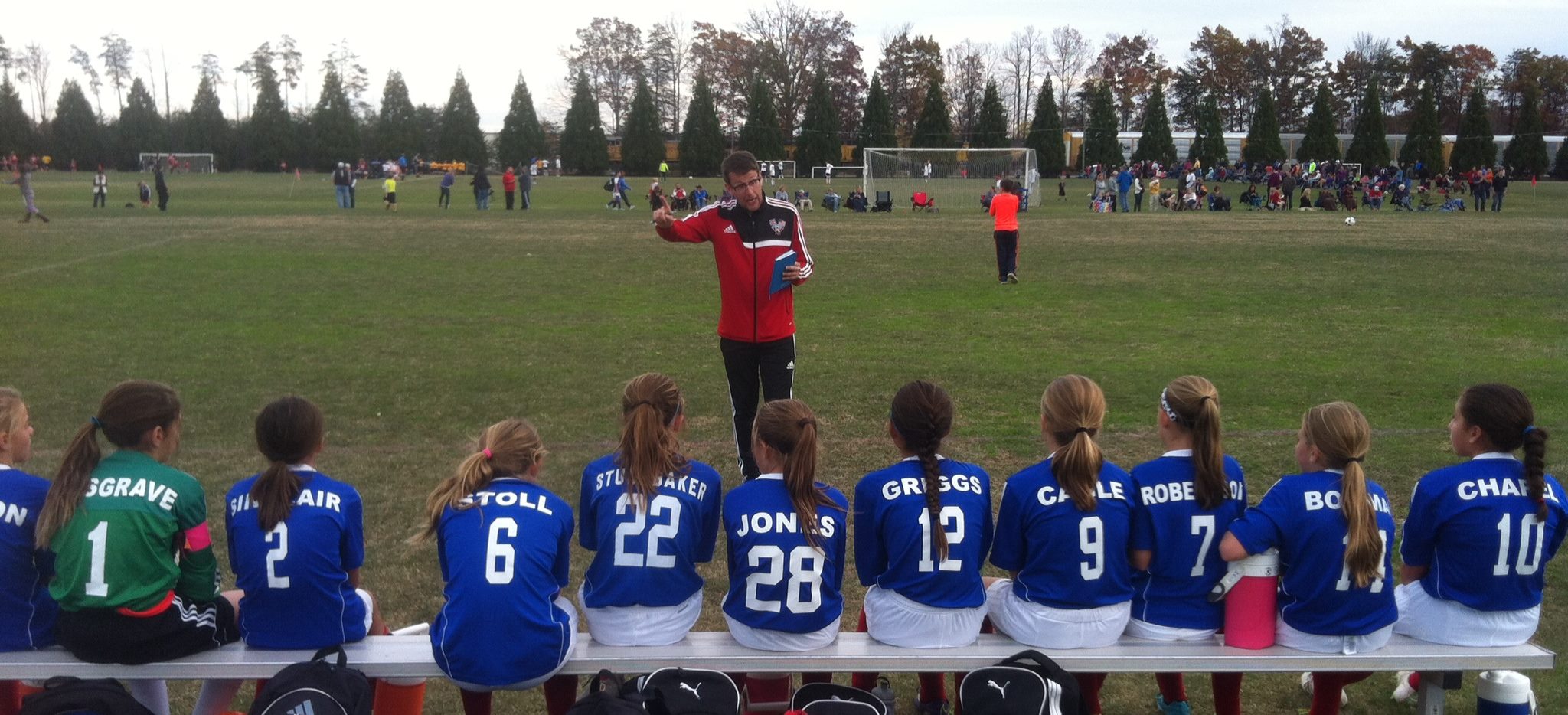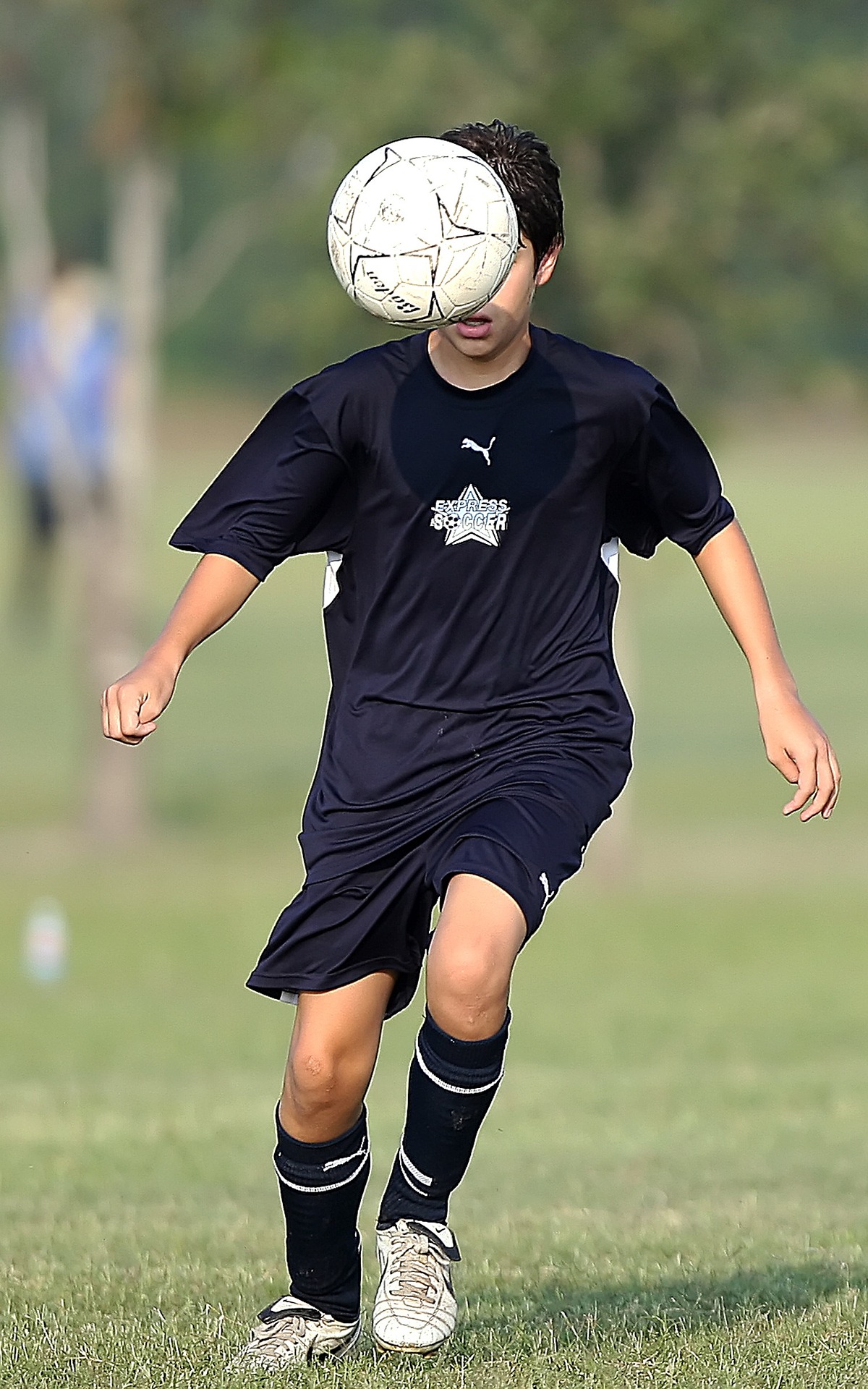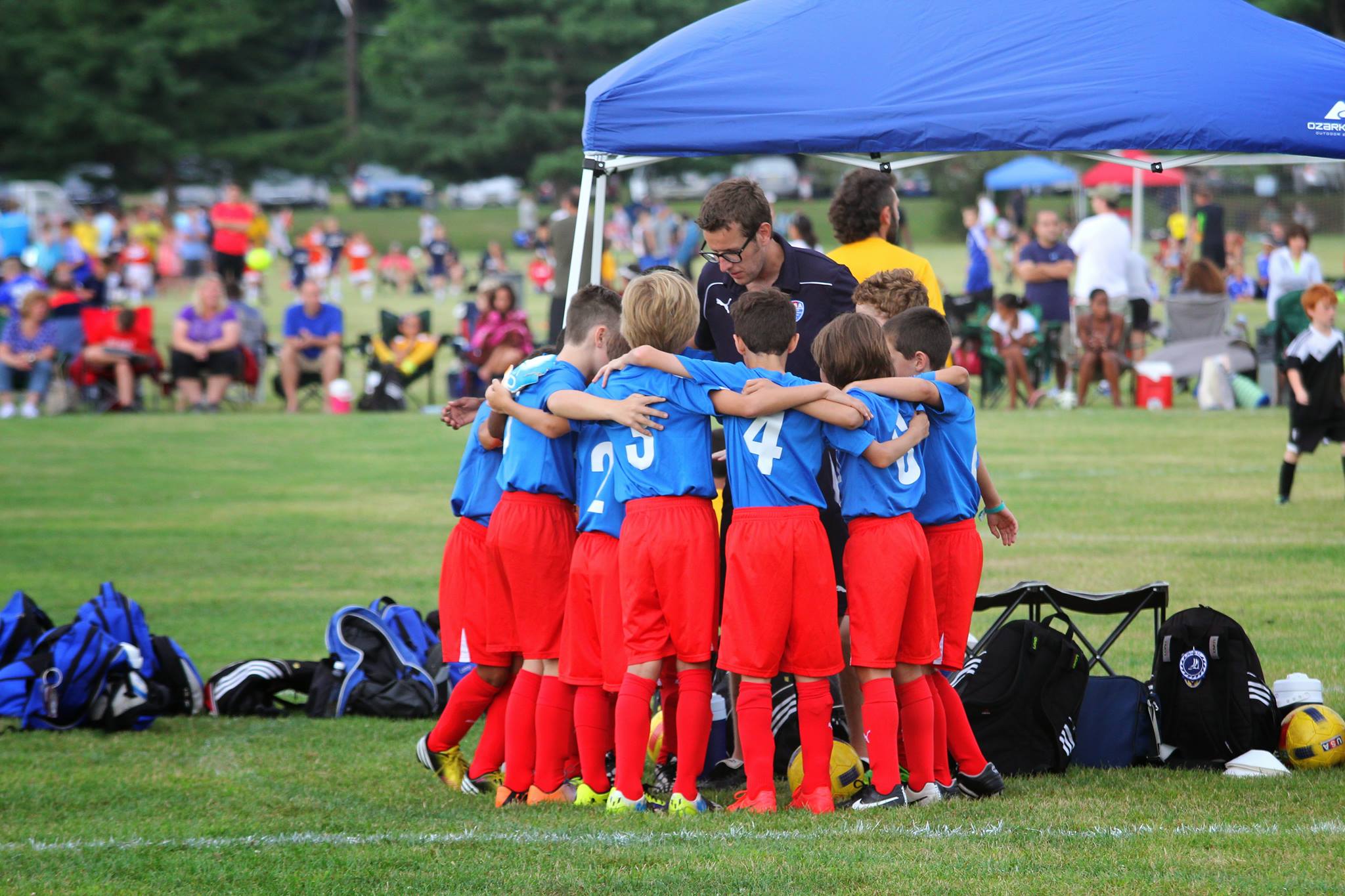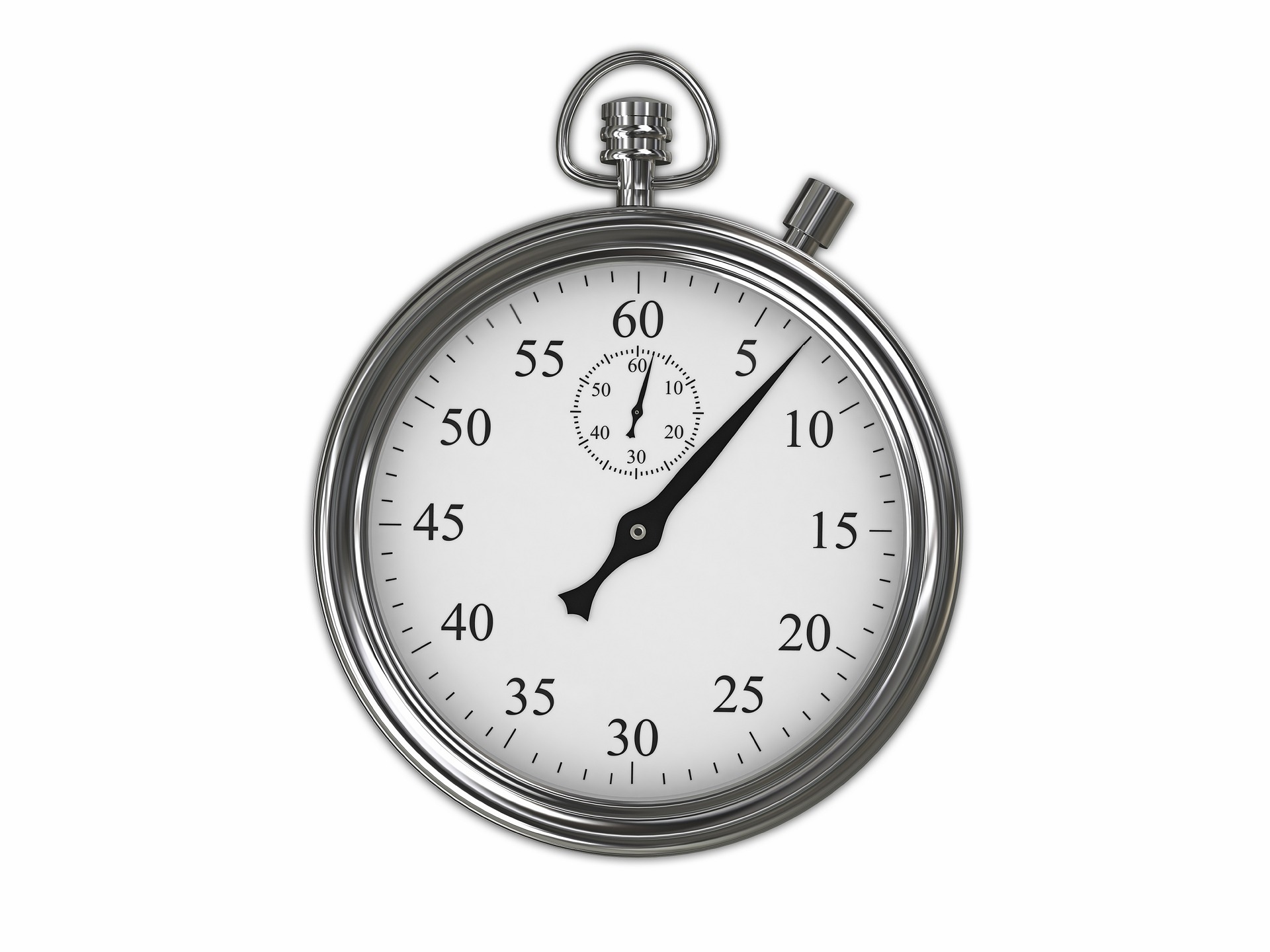Grassroots coaches are heroes.
YOU are a hero.
Planning sessions, communicating with parents, taking time to complete courses and CPD, washing uniform and taking time out of your weekends to allow children to play the greatest game in the world is an act of extreme selflessness. Don’t let anyone tell you any different.
In England especially, it seems our default is to bring others down. I appreciate that I am generalizing here, but it’s what I have seen. I used to have a season ticket in the Holte End at Villa Park. For 3 seasons in a row, the same guy sat behind us and moaned. Every single week. Dion Dublin was almost paralysed after an on-field collision and upon his return to the team, the guy behind me still criticized him! Youth Football is no different.
“Why aren’t we winning?!”
“My son is a striker, not a defender.”
“You should yell more”
“Why don’t they play like Barcelona”
We’ve all heard comments like these. It’s understandable that we may doubt ourselves from time to time. I’ve seen 7 players in the past year progress onto Academy level, 2 players receive international recognition for their age group and a player receive a 2-year YTS contract with a Football League club, despite being from overseas. Despite this, there have still been times where I have doubted whether I am a good coach. I have drove home thinking the team need someone new. I’ve had complaints, negative comments and behind my back talking. Despite this…
…I know I am doing a good job. As are YOU!
You’re Stepping Up To The Plate

If your team parents are not happy, then it begs the question… why are they not volunteering? There are a number of roles they could take.
It takes a lot of bravery to put yourself out there to be criticised. There are many that won’t want that kind of social pressure…and you’re not one of them.
Your Players ARE Improving

We’ve all been there. The previous session was excellent. You were working on combination play in the final third and your team are performing 1-2’s and 3rd man runs like they’re going out of fashion. Then the weekend arrives and movement is a foreign concept to the players. This happens to every group of players and will do for eternity.
Children spend their whole week learning. On top of Football, they have English, Maths, Science and all of those other wonderful subjects at school providing information for them to remember. They have parents giving them daily life lessons. They could be learning to play a musical instrument, a martial art, how to paint or any other variety of skills. Children remembering anything at all is impressive!
Don’t beat yourself up if it’s not perfect. Look for the small wins. If your pre-game practice has been based on attacking wide play and the players are able to get 2 crosses in where the winger attacks the byline and the players attacking the cross run to the front post, back post and penalty spot, you have had success. Aim for it to happen 3 times in the next game.
You’re a Role Model

Truthfully, how well do you know each individual player’s motivations for the game?
It’s ok if you don’t know them that well. It’s a lot of personalities to deal with at once, especially when you only see them for a short amount of time a week.
I feel as coaches we sometimes look only at the Football development of our players. I know that I have in the past. Truth be told, at grassroots level, not every player needs or wants that. For some it’s the social aspect of making new friends. For others it’s a way of keeping fit. Some players just need a role model.
My time in the Community Scheme of a Football League club highlighted the importance of being a positive male role model for some of the youngsters we worked with. Giving them someone to look up to in terms of the standards I set, both for them and myself, had a far bigger impact than anything I could teach them about Football. Planning, time management, hand shaking, equipment management and player empathy were all skills that some of these players were lacking at home.
In a similar fashion, I remember one player who had chronic confidence issues. This manifested at school where they were picked on and seen as an outcast. Giving them the chance to play something they enjoyed helped that massively. They were made to feel part of the team and given the same opportunities as everyone else. I don’t think it’s a coincidence that when I announced I was leaving the team I had a 2 page thank you letter from the player. The Mom also wrote a lengthy text saying how the player looked up to me and how grateful they were for the work I had done.
Use this player self evaluation form to find out the motivations of your players. You will most likely see that what you are delivering is having a positive impact on them.
You’re Giving Up YOUR Time

Time is a commodity as important as money. Unlike money, it is something you will never get back.
Without you providing your time, league play doesn’t happen. Players don’t get to play for a team. Parents don’t get to spend their Saturday and Sunday morning/afternoon watching their children play something they love. You are having a positive impact on the lives of a lot of people performing a very unselfish act.
We’re Our Own Worst Critic

There is no critic worse than ourselves (unless you are in denial). Look at any successful person in the world and they will constantly question what they do. It is what keeps them at the top. An ex-girlfriend of mine constantly criticized the way she looked, despite being desired by many.
As coaches we must own that doubt, rather than letting it own us. If the team are not improving as we would like, adapt the mindset of “what can I improve next time”. If parents are complaining about a lack of communication, rather than looking at yourself as a failure, think “what systems can I put in place to keep them in the loop.”
It is often not as bad as we think. A lot of people have enough of their own challenges and negative self-talk going on to be overly concerned with what we are doing as a coach. The only person we really have to appease is ourselves.
